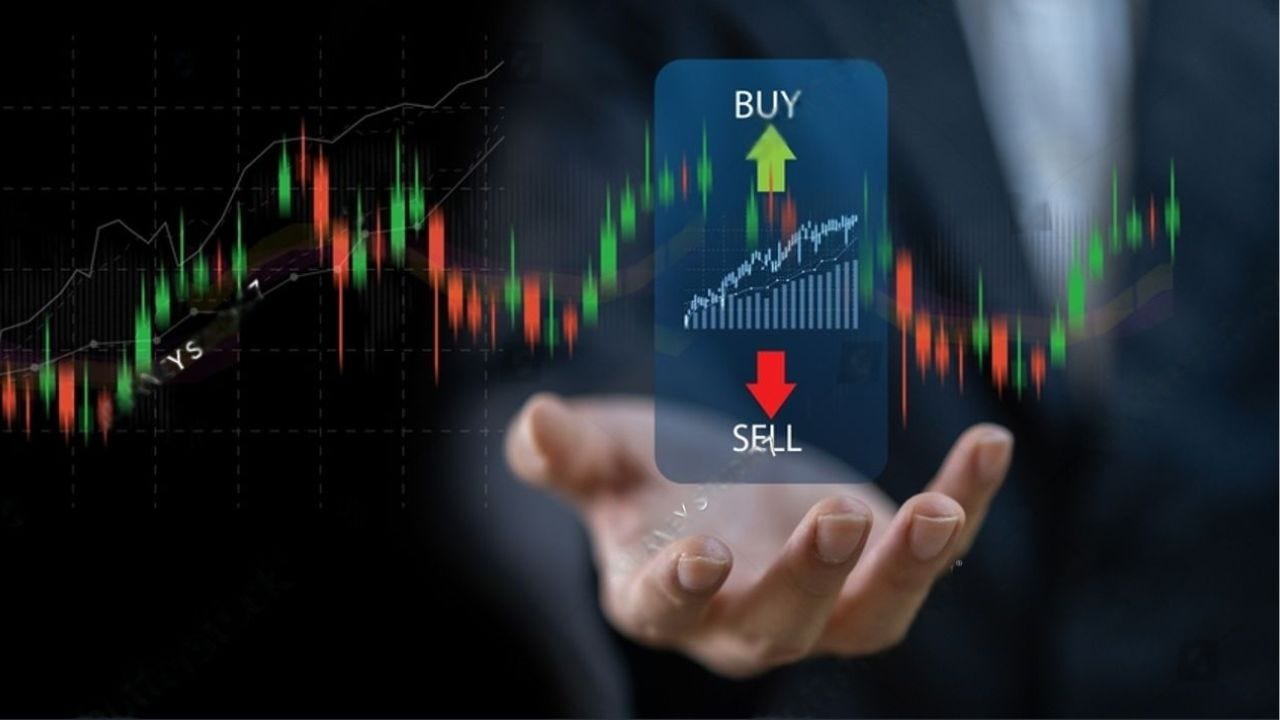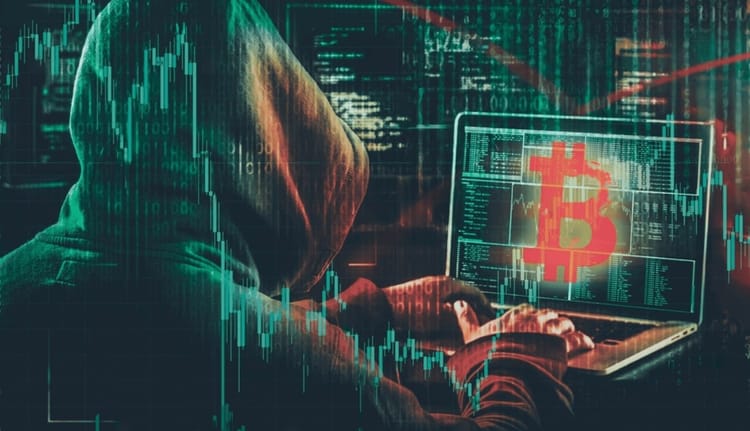Crypto Guide: What are Crypto Exchanges?

Crypto exchanges work like brokers, giving you the tools and resources to buy and sell cryptocurrencies like Bitcoin, Ethereum, and Solana. There are plenty of competing cryptocurrency exchanges online, but the best ones offer a seamless process of buying and selling cryptos with low fees in a secure and private platform.
Did you know that as of May 5th, the global crypto market cap is estimated at $2.37 trillion, with the total crypto market volume for the previous day at roughly $48.71 billion? With Bitcoin's continued popularity, its recent halving event, and increasing institutional participation and excitement about meme coins, market cap and participation will continue to grow.
Curious investors thus need to know more about the right platform to buy and sell cryptos conveniently, safely, and securely. We call these platforms cryptocurrency exchanges or sites that work like traditional stock and commodities exchanges, where participants can trade different cryptos.
With a bullish Bitcoin market, increasing attention on meme coins, and the widening reach of the crypto industry, the crypto exchanges' role has become increasingly crucial. And now that we're witnessing the Binance-SEC saga, there's a high level of curiosity to understand crypto exchanges, their safety features, and what they can offer to the average crypto investor.
To help you understand crypto exchanges and their offerings, we have prepared a guide on these websites, how they work, their types, pros and cons, and tips on what to look for if you're looking to trade cryptos.
What is a cryptocurrency exchange?
A crypto exchange is a platform where you can buy and sell digital currencies like Bitcoin, Ethereum, Solana, or Tether. You can access these digital marketplaces on mobile apps or via desktop functions. Also, the top crypto exchanges provide their users with various trading tools and resources. For example, a popular crypto exchange may offer cryptocurrency research tools like price charts in real-time, information about different digital coins, tips and insights, and other helpful resources.
In addition to cryptocurrencies, some exchanges offer margin, future, or options trading facilities. As a business that provides trading services, these exchanges charge specific transaction fees depending on your transaction volume or the type of trade.
The popularity of crypto exchanges transformed how traders and the average crypto enthusiasts receive or trade their cryptos. In the past, investors could only get their cryptos through mining (which is power-intensive) or by organizing exchanges on different websites and offline forums. Today, crypto exchanges have simplified owning, buying, and trading cryptocurrencies through a few clicks. Some top exchanges even offer mobile apps, letting a millennial trader buy and sell Bitcoin with just a few taps on the phone.
The crypto exchange at work: On bids, orders, and market prices

Cryptocurrency exchanges help traders and investors buy and sell cryptos by matching the right bids to the right orders at the right prices. These platforms offer various trading tools and resources to simplify the process, like updated market prices, currency calculators and converters, and industry news and insights. Crypto exchanges operate differently; for example, you'll find an exchange where the seller of the crypto is the exchange, while most exchanges serve as intermediaries between two entities, the seller and the buyer.
You'll find different elements at work in a crypto exchange:
Order books
Think of the exchange's order book as the running list of the buy and sell orders submitted by traders. The order list is often sorted by price to determine when to execute orders.
Types of orders in crypto exchanges
There are two main types of orders in crypto exchanges:
- Market orders. A market order is the most common and easiest order to execute. It's a simple command to buy or sell a coin at the best available price on the platform. In practice, a market order is buying or selling a cryptocurrency at its most recent price. So, if the recent Bitcoin trade valued the digital coin at $63,295.62, the exchange's market price for BTC is $63,295.62. Many beginners often use the market order at a crypto exchange for a seamless buying and selling process.
- Limit orders. Limit orders, on the other hand, allow investors and traders to buy or sell crypto at a specific price. A trader must notify the exchange how much he's willing to buy or sell and the limit of an acceptable price. For example, you might order a limit to buy 1 BTC for $62,000, but no more. This type of order is helpful if you think Bitcoin's price will fall sharply in the next few hours and want to buy it at your preferred price. Alternatively, you can place a limit order to sell 1 BTC for no less than $64,000 if you're bullish and think it will increase in the next few hours or days. Remember, the limit order will not push through if the preferred price is unavailable.
Crypto exchange wallets
Another important requirement in a crypto exchange is a wallet. It's your account or digital hub where you can store your cryptos for buying, selling, or safekeeping. There's an option to set up a crypto wallet or use the wallet provided by the exchange. Crypto wallets are safe and kept secure using private keys or even alphanumeric passwords.
Wallets can be 'hot' or 'cold,' and the choice depends on personal preferences and the level of security required. A cold crypto wallet, such as a USB drive, can store your cryptocurrencies offline, and you can keep them secure until you're ready to trade again. On the other hand, hot wallets are connected to the internet, which you can easily access to trade in the market.
Wrap up
Crypto exchanges helped democratize access to cryptocurrencies, particularly in buying and selling these assets. While it may seem that buying and selling is simple, with just a few taps on your screen, well, think again. Over 200 crypto exchanges have specific features, tools, and resources. If you're at a point on deciding on which exchange you'll do business, it's crucial to look at the crypto and fiat currencies they support, fees, pricing, withdrawal options, and security.
Also, paying attention to the exchange's reputation and background is crucial. Remember, the industry is still largely unregulated, and you don't want to hold an empty bag even after practicing due diligence.




